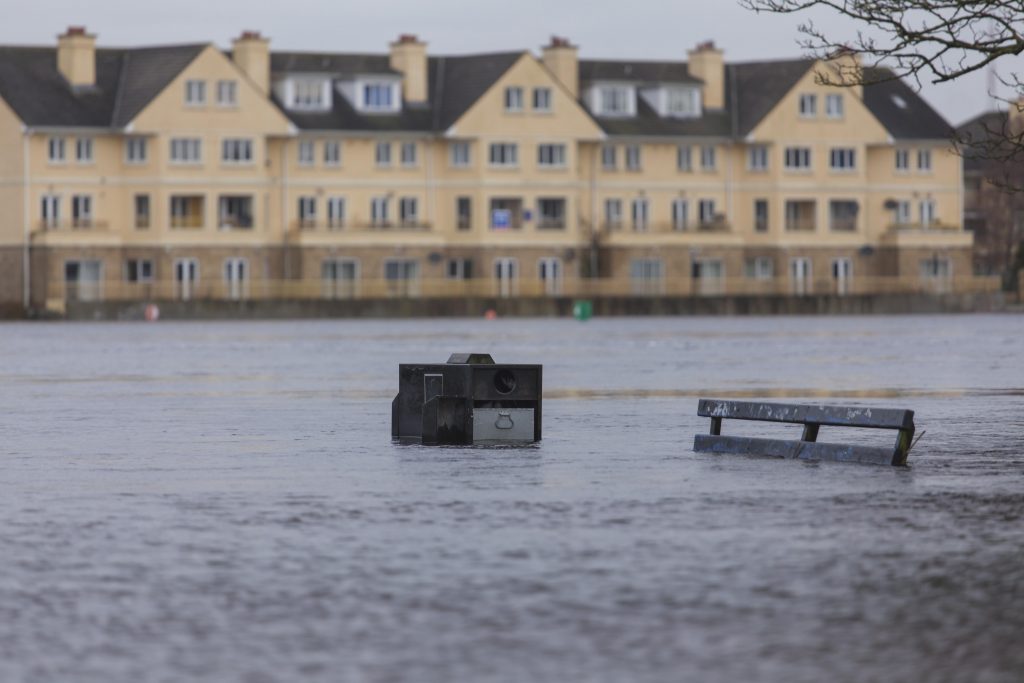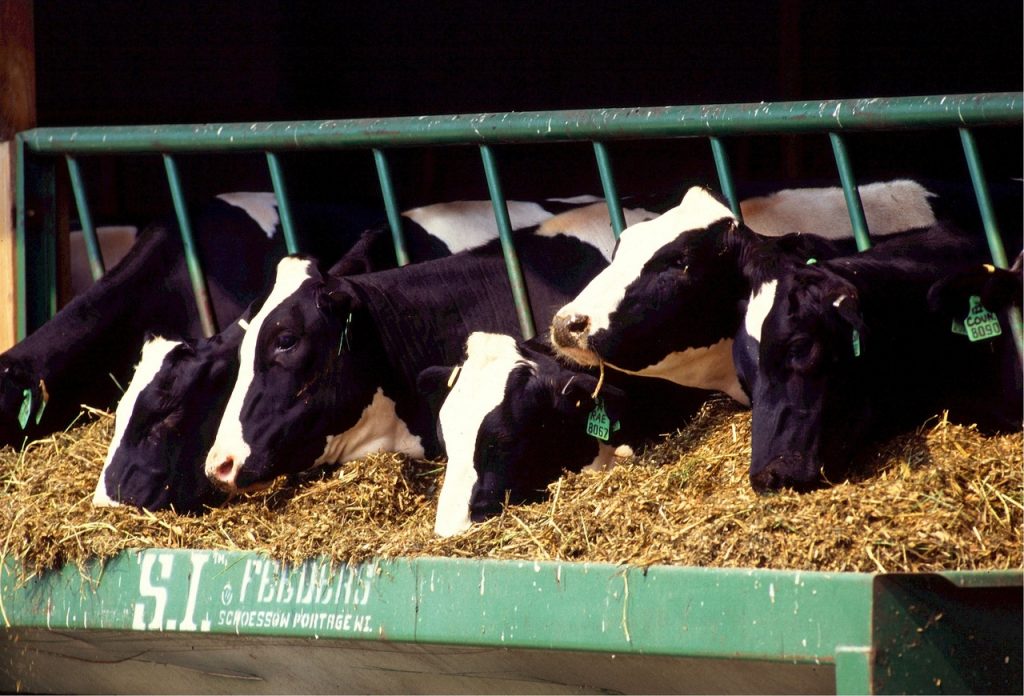Ireland experiences wettest decade on record, new data reveals

April 5th, 2018
Ireland is wetter now than at any stage in the last 300 years, according to a new study led by Maynooth University.
The study in the journal Climate of the Past which analysed the rainfall in Ireland from 1711 to 2016 found that 2006 to 2015 was the wettest decade on record.
Aside from being the wettest on record, this decade also had the stormiest winter in Irish history Ireland during the winter of 2013-2014.
The results show that Ireland now has one of the longest rainfall records in the world. The last decade registered an average rainfall of 1,990 mm per year, compared to a 300-year decadal average of 1,080 mm per year.
The continuous rise in annual and winter rainfall is largely attributed to human-driven climate change, according to lead researcher Dr Conor Murphy.
“The most recent decade was our wettest on record, and when we look at the long-term context, we see a continuous rise in annual and winter rainfall. This is consistent with expectations of human-driven climate change,” he said.
The study indicates a persistent trend towards wetter winters and drier summers. The driest decade in Ireland on record was 1740 to 1749, which had serious impacts on Irish society during “The Forgotten Famine”.
The driest winter on record was in 1783, which followed the eruption of the Laki Volcano in Iceland, which led to an extremely warm summer and dry winter in most of the European continent.

Irish Flooding in 2016 Photo: Niall Sargent
Unique Dataset
Data was gathered by compiling information from both the UK and Ireland, including previously unpublished UK Meteorological Office data from the 1970s.
Data from the UK Meteorological Office was particularly important, since it included an inventory of early observations and weather diaries, which were used to build an average rainfall series of Ireland.
That data was merged with another dataset compiled for Ireland from 1850 to present. Combined, the two series helped to create one of the most comprehensive monthly series of rainfall variations in the world.
“Working on this rainfall series was exceptionally humbling. It represents the lifetime work of many people over hundreds of years,” said Dr Murphy.
“Thanks to their care and attention, we can not only see how rainfall has changed in Ireland, but also look at what was going on in the wider world to influence it.”
The rainfall series has a number of practical uses, according to Dr Murphy, as the data contained in the record is compatible with climate model projections for future changes in Ireland`s rainfall.
It also offers information for stress testing critical infrastructure, including flood defences and water supply systems,” he said.
“This helps ensure that vital water services are resilient to future wet and dry periods in Ireland. We hope that our rainfall series will be as valuable to the work of future scientists as the legacy of past weather observers has been to ours,” added Dr Murphy.

Cows eating fodder Photo: pxhere
Fodder Crisis
Irish farmers are currently experiencing a shortage of fodder – dried hay or straw – due to the unprecedented weather conditions this spring.
Poor grass growth due to cold weather and wet conditions in fields from long periods of rainfall has meant that farmers have had to keep their animals indoors and fed on fodder at a time when they should be out on grass.
The situation is now “close to a national emergency” according to the Irish Farmers’ Association (IFA) President Joe Healy. “We’re now into April and with the terrible conditions over the weekend, the situation is at crisis point in almost all parts of the country.”
Yesterday, the Minister for Agriculture, Michael Creed, TD announced that his department will now subsidise the importation of fodder. While welcoming the move, Mr Healy said that action should have been taken sooner after warning the Government for months about the situation.
“The detail of the import subsidy scheme must be worked out immediately to ensure it gets up and running, and fodder can get to farmers in need without any further delay,” he added.
[x_author title=”About the Author”]







